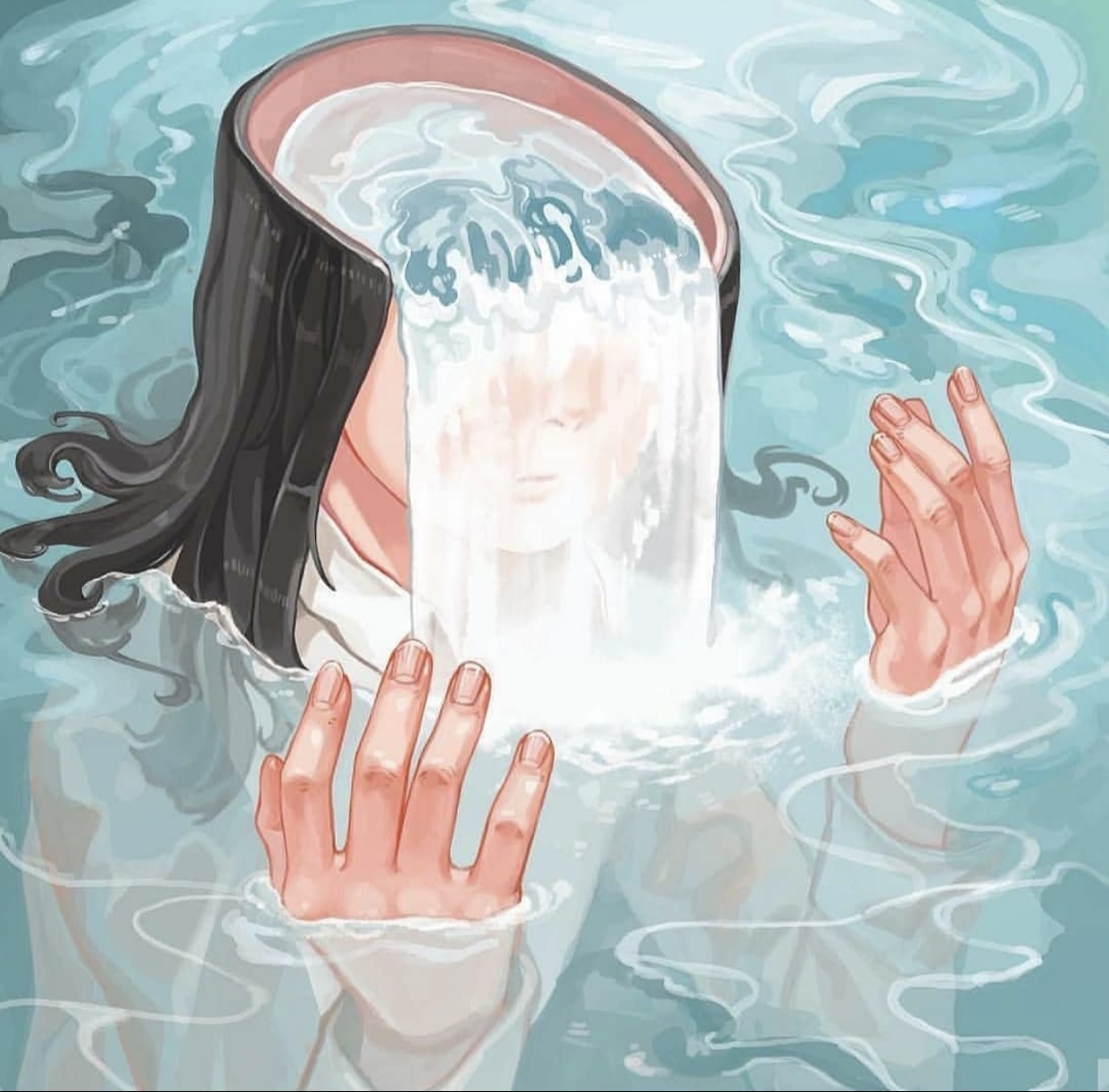what comes to mind when you think of grief?
melancholy, sadness, despair, depression, uninterested, agony, misery, heartache, hiding….?
it is human nature to take our grief, box it, tape it up with the strongest packing tape you can find, and ship it to storage. but, storage comes with a fee, and for how long will you pay that price?
unpack that box, and as the grief is clawing, ripping and scratching at the cardboard quickly grab it by the horns and take control, before it controls you.
we’re all guilty of the above, including myself. but i realized early on that i could not be a semi functioning human being if i bottled up my grief like this. so here is what i learned through my grieving process and i hope my experience can help you cope with your grief.
- time : people would tell me that i shouldn’t be crying hysterically after a certain amount of time, that it would not let the departed soul, well…depart. i don’t believe in any of that. so, no matter what advice you are given, at the end of the day you have to do what helps you cope. some need a year, some need five to fully accept the death of their loved one. be kind to yourself and take your time.
- food: the entire duration of my dad’s stay in the ICU i probably had one meal a day and drank multiple cups of coffee. we had been staying at the hospital until the early morning hours. we had no time or motivation to cook anything at home, so my lovely relatives would bring us food. however, my appetite was shot and i ended up losing 15 lbs. the morning my dad passed i couldn’t even swallow food, i felt as if something was stuck in my throat. my eyes were swollen from crying so much, and i had nervous cold sweats out of shock for days. i literally had to force myself to eat, it was the only thing that made my physical state a little better.
- work: many people take bereavement time off. however, i did not. i threw myself into work in order to distract myself from the grief after the funeral. this had it’s pros and cons. pros: i wouldn’t be able to sit at home all day and let my emotions get the best of me, i tried to put my mind elsewhere (which, was harder than i thought) at work, if i felt like i was about to get upset i would go cry in the bathroom or just close my office door and many times it was spontaneous. my boss urged me to take the time off, but i didn’t want to as i knew being home would make my mental state much worse. instead i went to work and took walk breaks, which helped.
- separation anxiety: for a while, it was extremely hard for me to leave my mom alone. she had just lost her best friend, her companion. my parents did everything together, so i tried to fill that void for her. i tried to do little things here and there like talking on the phone on our commutes to work, going to the temple together, making sure we ate dinner together everyday, etc. we are each others rocks.
- social life: my sweet friends would check in on me often, however i didn’t physically see any of them for about a year. the “grief attacks” come in waves, and you never know when or what will trigger it. i would write in the mornings, go to work, the gym, have dinner then go to bed. it’s ok if you’re not fully ready, even in a year (or more), to have or maintain a social life. take care of yourself first.
- communication: don’t feel pressure to respond to calls/texts right away. i would turn my phone on silent. it’s ok to not attend to people right away. your healing is first, always. don’t even worry about explaining yourself, because people owe it to you to be patient and understanding after such a huge loss.
- physical activity: you won’t want to workout, or even think about working out. however, try to get at least one walk a day in. it will help you clear your mind.
i know it may seem hard to fathom now, but time heals. death is permanent, and it’s painful to imagine life not only now without your loved one, but in the future…thinking of all the major life events and precious moments that person won’t be a part of is heart shattering. but don’t leave that bandaid on your wound forever, it will do more harm than good. you need to remove the bandaid after a little bit in order to let your wound heal. but remember, the scar will always be there.
do whatever you need to do in order to cope, for me that is writing about my father. it, in a sense, makes him immortal even long after i’m gone, the writings will be around forever.
lastly, don’t forget, you are never alone.

